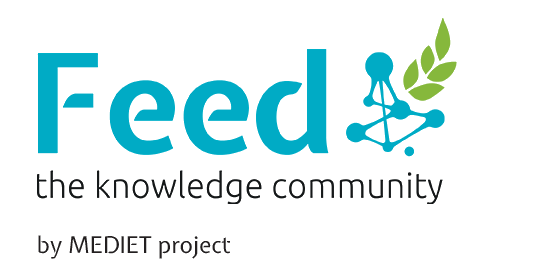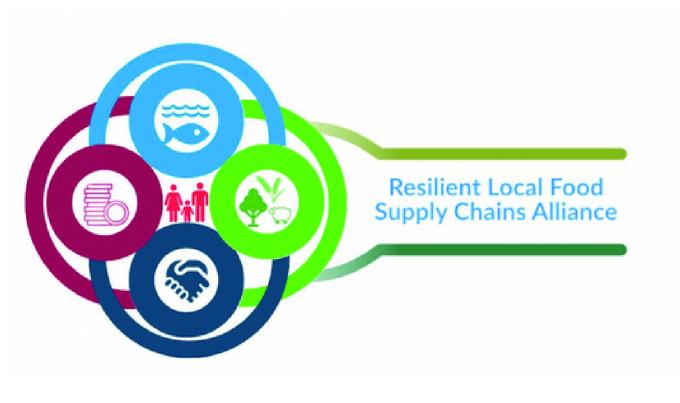Period
2023 - 2023
In war-torn Syria, the Activation of Veterinary Services – Vaccination Services practice emerged as a beacon of hope for rural communities heavily reliant on livestock husbandry. With veterinary services devastated by conflict, the activities focused on reinvigorating essential services, empowering local stakeholders, and bolstering community resilience. Through strategic interventions, including capacity building and equipment provision, the practice revitalized veterinary services, leading to increased vaccination rates and improved animal health. This transformative endeavour not only mitigated livestock losses but also fostered economic stability and restored hope for thousands of Syrian breeders, paving the way for sustainable agricultural development in the region.
You must be registered to see all the content
Identification needs
Livestock Husbandry has been ever since the backbone of the rural Syrian communities, where livestock breeding isn’t just one of the main livelihood resources for people, but heritage, identity and legacy of rural Syria. Even though due to the war, important Veterinary services as vaccination campaigns have collapsed in Northern Syria, qualified veterinary staff emigrated and the few remaining veterinarians are overwhelmed by the needs of thousands of breeders. The spreading of livestock diseases and missing access to treatments has been additionally challenging livestock husbandry and threatening animal health of the whole area. Hence, prior to the project intervention, many breeders (33%) declared consistent livestock losses for pests and diseases, approximately about 13,560 animals died, according to the breeders, just last year. In this sense, it was necessary to reactivate basic veterinary services, supplying the necessary cold chain equipment and technical support for the organization of thousands of animal vaccinations and providing technical assistance to the local Veterinarians but also directly to the breeders.
Stakeholder change
The rehabilitation of these services has been carried out by enhancing the capacities of local actors, namely the local cooperatives, technicians, and veterinarians. This has enabled them to reactivate and provide veterinary assistance services to their rural communities, including breeders, even after the project completion. This approach ensures the long-term sustainability of these veterinary services. The agriculture and livestock service centres managed by the project are widely recognised and trusted by most breeders in the area. The breeders have also demonstrated responsibility and commitment by jointly participating in the financing of these veterinary services, which were previously fully covered by the government before the war. Therefore, the breeders have actively engaged in the reactivation process, contributing to the improvement of animal health in the entire area.
Change triggered
In the medium term, the increased number of vaccinated animals and improved access to veterinary services for breeders will have a positive impact on the incidence of livestock diseases in the area, thus reducing livestock losses. This, in turn, will increase the productivity of the breeders' livestock and, in the long run, help to increase the resilience of these rural communities that would benefit from higher incomes generated by their main livelihood. Investing in agriculture – a starting point to reduce dependence on humanitarian aid – is the aim of CIHEAM Bari interventions in Syria, as is supporting Syrian breeders in increasing livestock production to produce more food for their local communities. This means restoring their hope and confidence that working and investing in agriculture and animals is worth it. Investing in local production and stabilizing rural communities' resilience have proven to be an effective means to preserve the livelihood of thousands of families in Northern Syria.
Short description
The revitalization of the agri-vet services is strongly linked to other project components, notably the applications of the cost recovery scheme also in the delivery of vaccination campaigns and the consolidation of knowledge among local technicians and veterinarians through capacity building activities and technical assistance. The project equipped the veterinary units with the necessary cold chain equipment for storing medicines and vaccines and provided animal medicines and ultrasound devices for animal pregnancy testing. In all, 76,900 vaccinations were carried out and 1,400 animal medicines were distributed.














